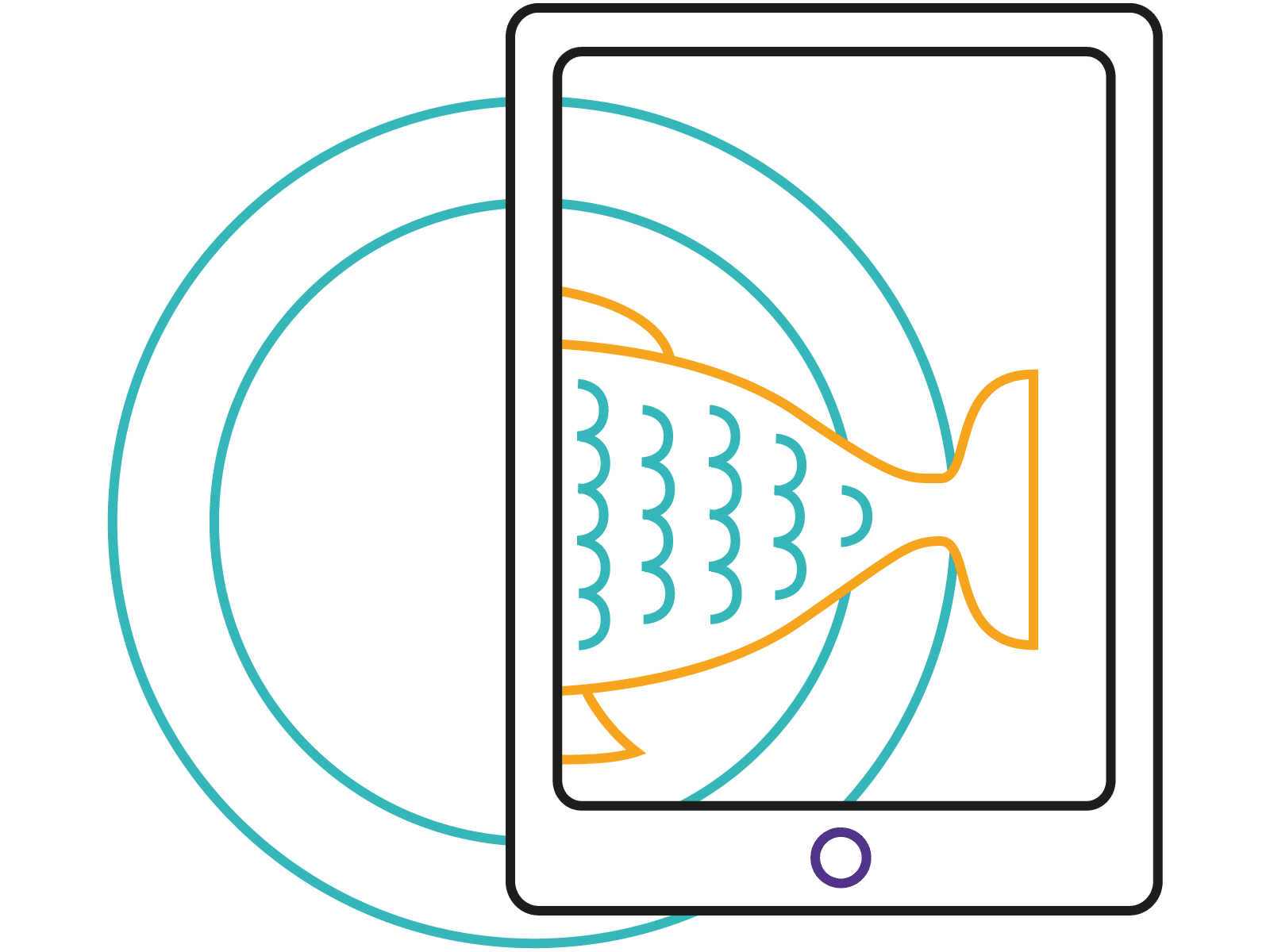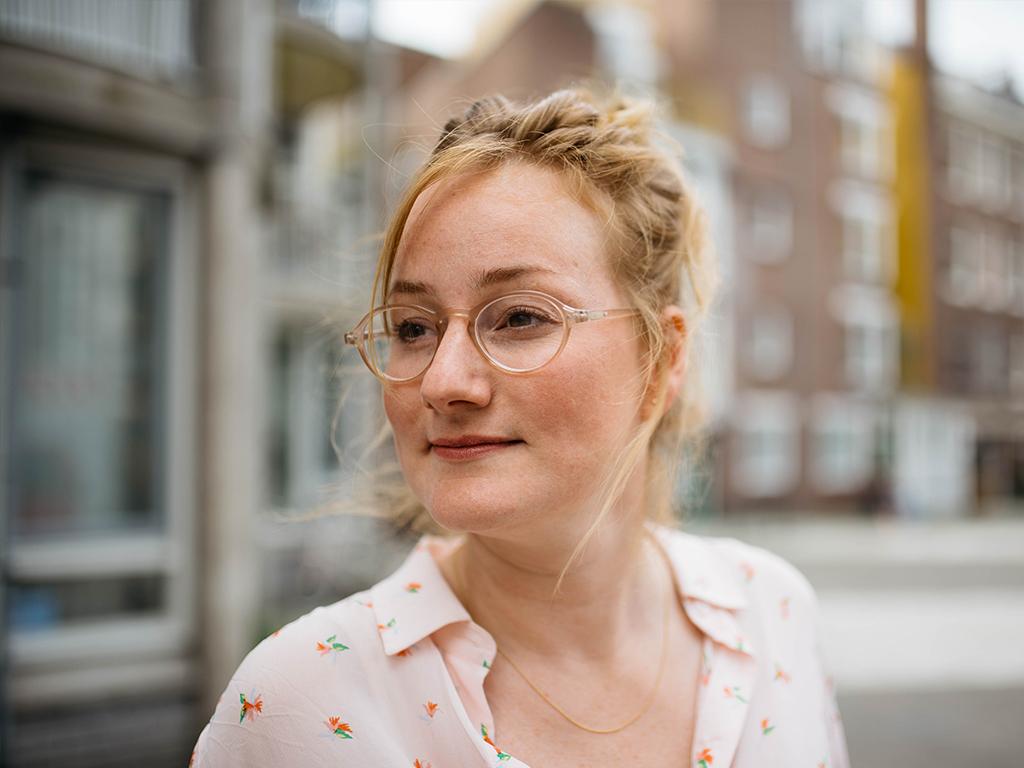Behavioural change is tough and challenging for a lot of people to realise. This is also the case to change dietary habits and to make healthier food choices for elderly people to prevent obesity. Support of a virtual agent can help people to change their behavior structurally.
Virtual agents in applications are mostly designed and based on effective strategies within mass communication or face-to-face communication. Most agents use textual feedback or use text-based questions and answers. Are these principles also effective when used in an e-health application? How do you design a virtual agent to optimise the persuasiveness?
Within the PACO project we research the working principles of virtual agents to stimulate healthy dietary habits among ageing adults. We redefine the design principles to enhance the persuasiveness of such agents. PACO stands for: Persuasive e-health Agents for Coaching Older adults towards dietary behavior change.
The role of Waag in this project is to identify the working principles for persuasiveness. In a series of co-creation sessions we collect and formulate these principles. The insights of the co-creation are, in collaboration with Wageningen University & Research and Roessingh Research & Development, translated into generic design principles and a scientific model to develop persuasive virtual agents.
Meta data
Project duration
Links
Team
Financiers
Partners
- Wageningen University & Research - Social Sciences Group
- Roessingh Research & Development
- Stichting Nationaal Ouderenfonds


